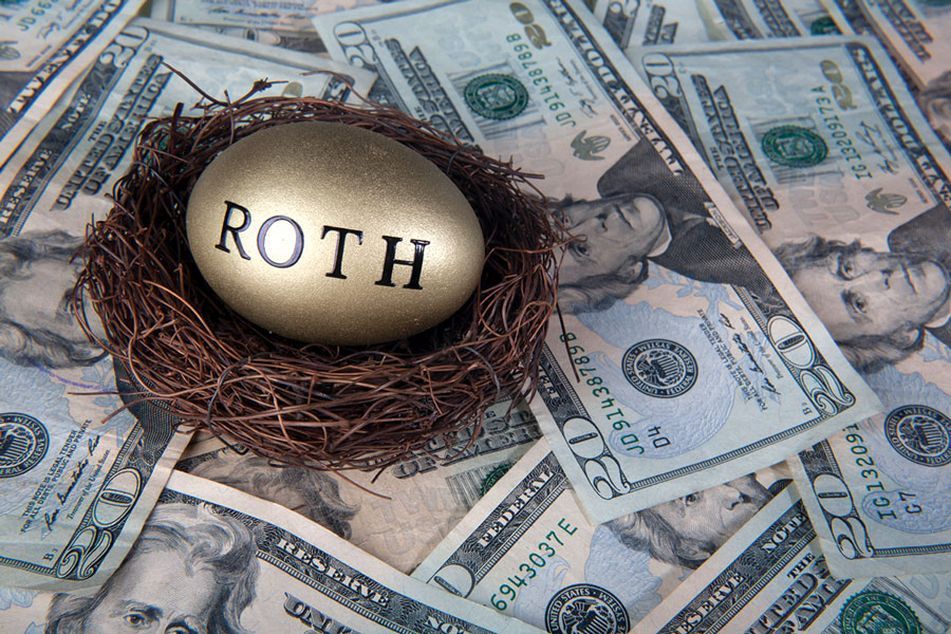Roth conversions may not pay off until age 90 for most

Tax-rate changes have minimal effect on the financial benefits of Roth conversions, Edward McQuarrie, professor emeritus at Santa Clara University, wrote in a recent paper. The most important factor is actually compounding.
Roth conversions almost always work out in a client’s favor, but not necessarily for the reasons that advisers often recommend them, according to an academic study published this week.
Contrary to conventional wisdom, tax-rate changes — up, down or flat — have a minimal effect on the long-term financial benefits from converting a traditional IRA or 401(k) to a Roth account, Edward McQuarrie, professor emeritus at Santa Clara University, wrote in a recent paper.
Instead, the overarching factor that gives Roth conversion an edge, given enough time, is compounding, McQuarrie found.
In his study, he examined the reasons driving recommendations of Roth conversions, particularly given several big changes to the law that now affect those decisions, such as the increase in the required minimum distribution age to 72 and the demises of the stretch IRA strategy and the recharacterization provision.
“If you recommend that people make small prepayments of their mortgage, so that over the decades they save tens of thousands of dollars in interest, then Roth conversions would probably also make sense for thrifty clients with the same time horizon,” McQuarrie said in an interview.
He found that tax rates don’t need to be higher for a Roth conversion to be beneficial and that the practice of using funds outside the account to pay the tax on a conversion doesn’t make much difference. Further, Roth conversions can be almost as beneficial for middle-class earners as those in the top tax bracket, his report concluded.
Only in the unlikely scenario that someone is in the 0% tax bracket is it justifiable to recommend a conversion based on higher tax rates in the future, McQuarrie noted. And unless a couple’s peak wage earnings are above $200,000 or for some reason they haven’t saved much for retirement, they will most likely be in a low tax bracket when taking required minimum distributions, according to the study.
“[U]nless both members of a sixty-something couple are 401(k) millionaires, their tax rate in retirement will likely be 12%,” McQuarrie wrote in the paper. “They will have last seen tax rates that low when they were students.”
In most cases, “the benefits from a Roth conversion are often small and slow to arrive,” past age 90, “and so long as annual distributions from converted amounts are not taken,” he wrote.
“[T]he success of a Roth conversion is guaranteed by the mathematics of compounding. Assets in a totally tax-free structure must compound faster than those same assets in an account subject to even the most minimal tax drag. It may take decades, but given decades, faster compounding always overcomes the initial tax debit.”
Therefore, the questions advisers should ask when deciding to recommend a conversion are whether the client is on track to build surplus assets in their tax-deferred account and whether they are OK with not seeing a benefit until age 90 or later, the report noted. And, tongue-in-cheek, another question that would provide an obvious recommendation for a Roth conversion is whether a client’s living expenses can be covered while they are in the 0% tax bracket.
If a client answered “no” to all of those, other options could be considered, such as a backdoor Roth IRA or life insurance products, McQuarrie wrote.
[More: 4 warnings about using back-door Roth IRAs]
Additionally, there is no benefit to a Roth conversion for the sake of tax diversification, he said.
“Proponents of the diversification thesis naively imagine that if Congress takes an action hostile to traditional [tax-deferred accounts], it will somehow always bless and spare Roth accounts,” he wrote. That notion was proven incorrect most recently by the SECURE Act’s virtual elimination of the stretch IRA, he noted.
“Imposition of RMDs, excise tax on undistributed balances, stacking rules and other devices can be used to extract revenue from holders of large Roth accounts … Roth accounts cannot provide tax diversification; nothing can. The one Congress controls it all.”
Learn more about reprints and licensing for this article.








